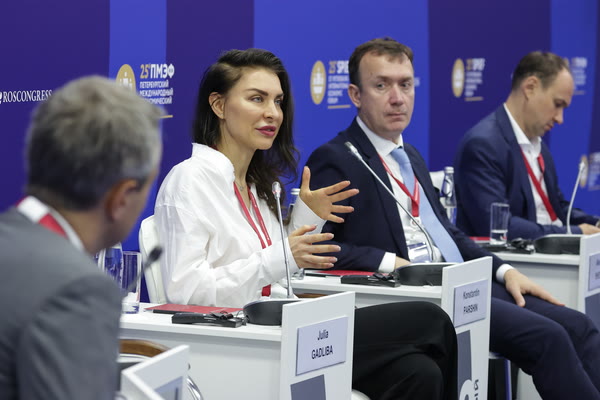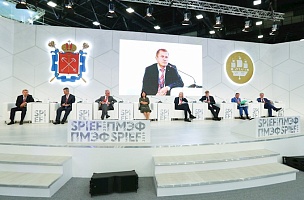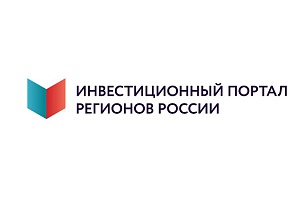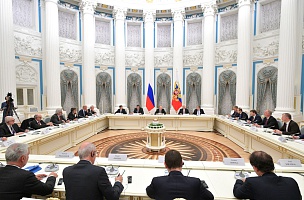Key conclusions
There is a need in the world for partnership between states to develop new markets
“There are totally new needs for partnerships, at different levels as well. <…> In the previous cycle of the strategy, partnership was one of the most important elements. <...> In the current situation, the number of partners has increased significantly. The mobilization and challenge that took place today, will trigger a different level of partnership in terms of speed, readiness to take risks, mutual level of trust. We need to open new markets and supply chains, use new financial instruments,” Alexander Shevelev, Chief Executive Officer, Severstal.
“The beginning of the year brought a strong push for the consolidation of demand and for joining efforts. <...> Today's requirements and conditions put partnership as one of the main requirements. It is necessary to see a consolidated demand in order for the state to be able to support it with serious investments. A support measure and a group of developers are selected for this demand,” Konstantin Parshin, Vice President, Executive Director of IT Cluster, Skolkovo Foundation.
“A critical factor in successful partnership today is the speed of mutual tuning of partnership schemes and getting results,” Alexander Shevelev, Chief Executive Officer, Severstal.
“In a situation like this, it is necessary to make decisions much more quickly. Our regulator, the Central Bank, meets this requirement,” Julia Gadliba, Chief Executive Officer, Chairman of Executive Board, Renaissance Insurance.
PROBLEMS
Risks in building supply chains jeopardize product sales
“If we talk, for example, about metallurgy, the demand for steel in Russia is significantly smaller than the supply. This is a major issue: Russia produces 70 million tons of steel, and consumes about 40 million tons. This surplus must find its markets and be sold. The risks are simply enormous. Today we have a lack of the required load by about 20–25%. <...> Even today, with the current exchange rate of the rouble, which is insanely strong, sharply increased costs of the supply chain, we cannot sell in the friendly market of the South-Eastern countries [South-East Asia – Ed.], the Pacific region – it is simply not profitable. Therefore, the risk is that we will not be able to find markets in order to ensure stable production,” Alexander Shevelev, Chief Executive Officer, Severstal.
“We use a large number of components and spare parts in order to maintain production. Despite the fact that we are actively working on import substitution, 17 thousand items of various imported spare parts need to be replaced. And it is going to be very difficult. Any of these components, not delivered on time, can lead to interruptions in production. Production cannot be stopped. If you do, the losses will significantly exceed the cost that you failed to pay to prevent this stop. And it is not always possible to prevent a shutdown, even if you have the means, opportunities, and resources,” Alexander Shevelev, Chief Executive Officer, Severstal.
The crisis is long, and losses are inevitable
“The situation we are in, is for a very long time, which means that we must change. We need to realize and accept the new reality, it will not pass by itself. Everyone needs to be prepared for losses and for everything to become more expensive, more painful and more problematic. This will take a lot of time. The chains that we put together and the mutual integration into the global business over decades, have been destroyed, and it is very difficult to replace everything in three, four or five years,” Alexander Shevelev, Chief Executive Officer, Severstal.
SOLUTIONS
It is necessary to establish import substitution in Russia with a high degree of localization
“Now, we are in a situation where we are replacing one import substitution for another. <...> The kind of import we can now carry out now, can be supplemented by a higher degree of localization. For example, when electronic components are produced using imported chips. <...> We hope for state support. We see a great demand from the customer. And in the next three or four years we will be able to build, for example, a microelectronics industry, which will not be import substitution, but it will have a high degree of localization, which will make it safe from possible disruptions,” Konstantin Parshin, Vice President, Executive Director of IT Cluster, Skolkovo Foundation.
Partnership between business and the state will help overcome the crisis
“We are still living in the previous paradigm that business needs to be limited. Meet us halfway. The set of measures and actions to understand a different situation must also change. There are opportunities for development,” Alexander Shevelev, Chief Executive Officer, Severstal.
“We have a criminal prosecution for the fact that the currency was left abroad. This is no longer relevant, but it still happens. These issues need to be addressed as part of communication with the business. We need to react as quickly as possible,” Alexander Shevelev, Chief Executive Officer, Severstal.
“The reaction to the new changed situation should be different: a rapid removal of barriers, waiving of excise taxes that were introduced in a different situation. There are obviously no supertaxes or superprofits. And, additionally, subsidies should be introduced. Partnership in this sense takes on a new meaning,” Alexander Shevelev, Chief Executive Officer, Severstal.
For more information, visit the Roscongress Foundation’s Information and Analytical System at roscongress.org/en






